
Women need to produce plenty of milk once their child is born and they need to breastfeed it. However, contrary to popular beliefs, consuming more milk will not increase the amount of milk mothers produce. Nevertheless, women do need at least 1,000 mg of calcium daily, which can be converted into 3 glasses of milk. Furthermore, women who are younger than 18 need 1,300 mg calcium in order to develop bones which are strong and healthy.
Breastfeeding and Calcium
Pregnant women are known to drink more milk that usually, in order to boost their own milk production. Yet, this is not necessary since the body of a recently pregnant mother accommodates to the new functions it needs to perform.
Nevertheless, as they nurse their child, mothers tend to lose bone quality. Since their body needs more calcium, it takes it by preventing extra calcium from being expelled through the urine. Also, the female body, in these times of calcium necessity, produces a hormone which literally extracts calcium from the bones, transferring it into the blood. Additionally, low levels of estrogen, being a common state for new mothers, stimulate the female body to absorb more calcium.
When a woman stops breastfeeding and nursing her child, her calcium levels return to normal through the restoration of menstrual cycles and a new rise of estrogen levels in the body. Then, the bones get fortified again. This majestic process of self-restoration lasts for about 6 months, after which the bone quality is completely renewed. This whole process is beneficial for any woman, since it keeps bone diseases at bay.
Benefits of Breastfeeding
All the modifications that a female organism undergoes during breastfeeding times serves a purpose of keeping the body safe from osteoporosis later. In fact, women who breastfeed have significantly lower chances of suffering from hip injury or fracture when they get older. This preventive measure amplifies with the amount of months a woman spends breastfeeding.
Osteoporosis is quite a serious condition affecting both sexes. Nevertheless, it is predominantly related to older women, since they are the group with highest risk factors. Namely, with age, our bones do not get renewed at a pace they usually do. Therefore, the mass of bones decreases, resulting in fragile bones which may easily get crushed if a person falls down. Usually, broken hips and vertebrae are the common scenario, at least when women are concerned.
All in all, in order to keep your bones safe, avoid smoking, alcohol abuse and a sedentary lifestyle. Stay physically active and keep your bones strong instead. Finally, give your body adequate amounts of calcium daily, settling for nothing less than 1,000 mg a day. If milk is not your preference, obtain calcium from orange juice, soy milk, other soy products and calcium supplements.


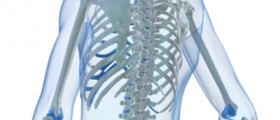

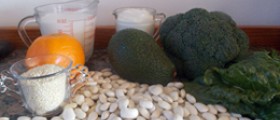


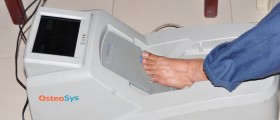



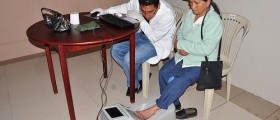
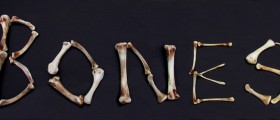
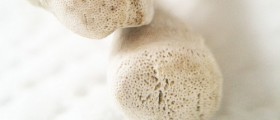

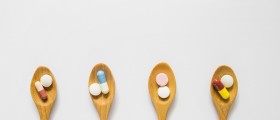
Your thoughts on this
Loading...